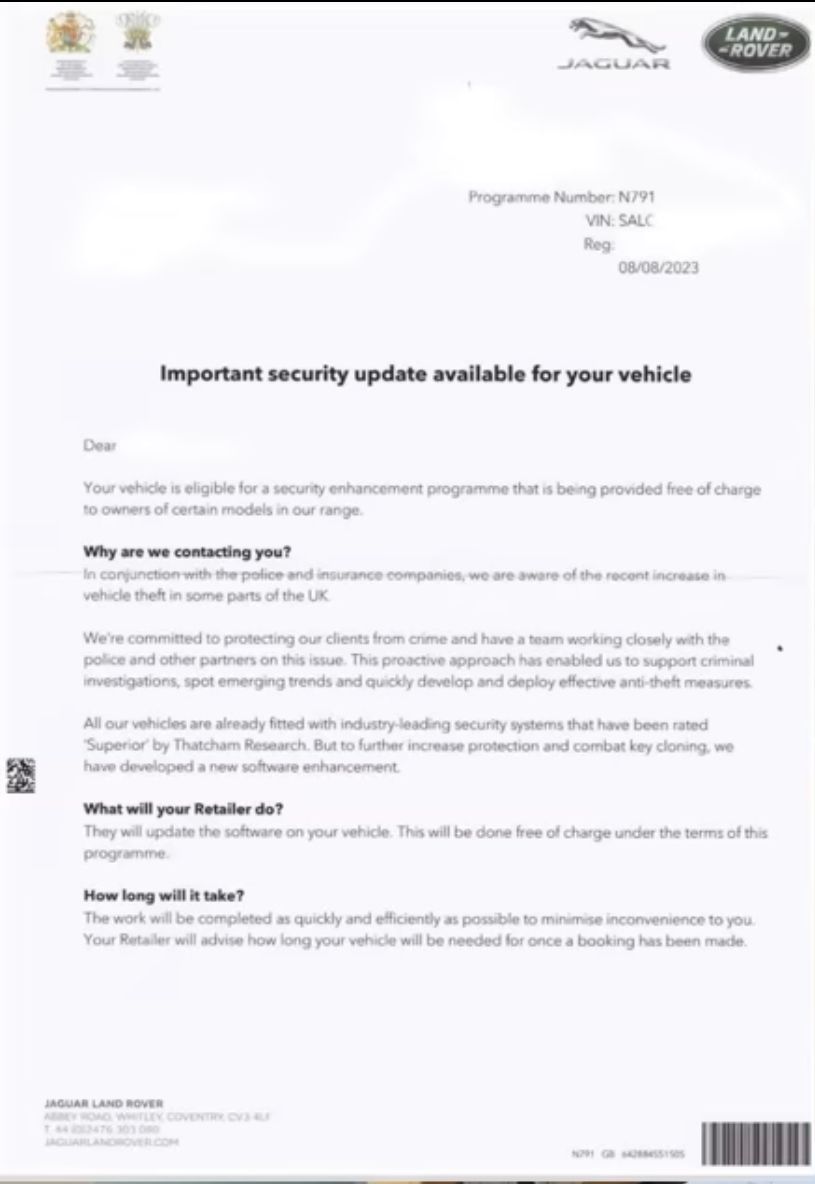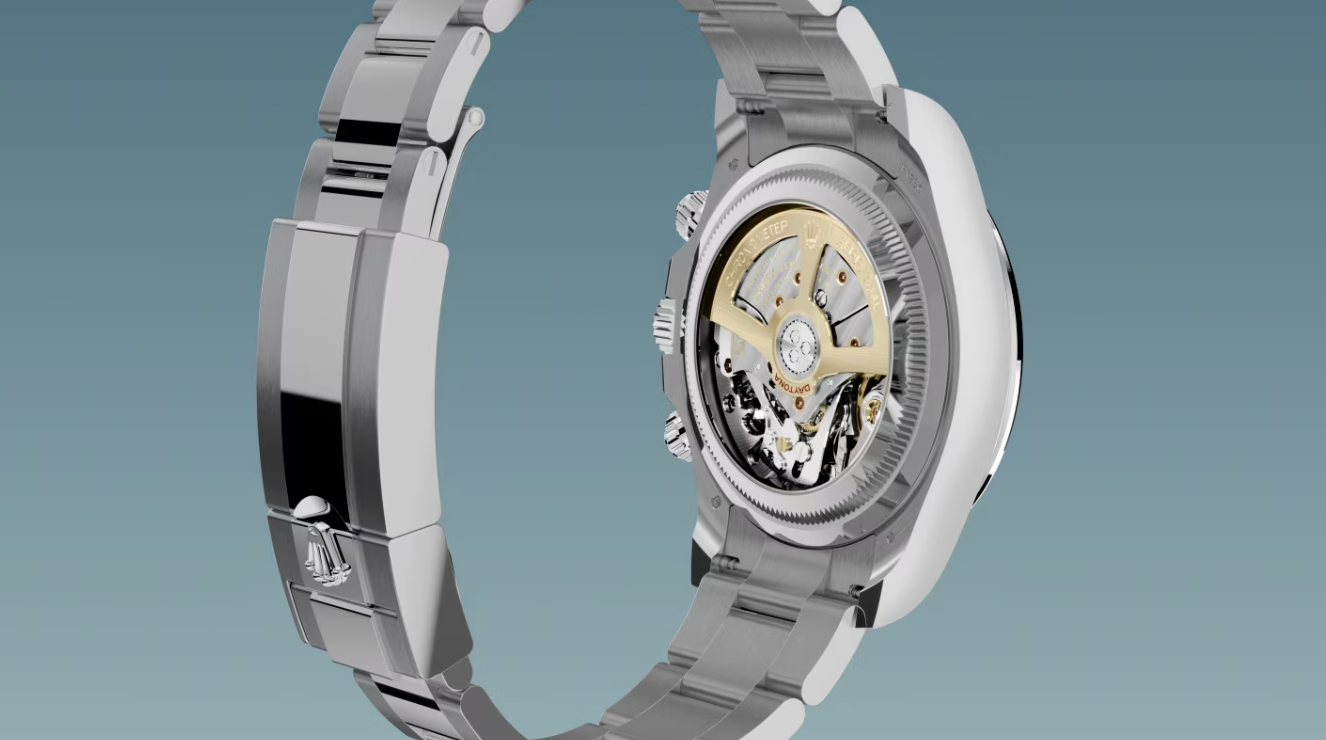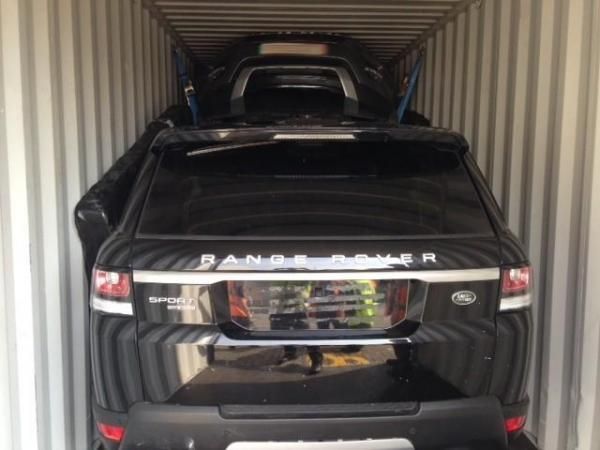If it Floats, Flies or catches FIRE then proceed with caution.
Samuel Cise • 11 January 2023
If it Floats, Flies or catches FIRE…then proceed with caution
‘FIRE FIRE FIRE’ shout the yacht crew
A distress call that I am sure some of my readers have heard before.
This is a serious matter, lives are at risk, we all need to be aware of this and act accordingly. Every person in the chain involved in a yacht purchase has a responsibility to protect the crew working in and around yachts and generally not because of the actual yacht itself but the toys on board. This is my contribution which I am certain you will find helpful, information on lithium batteries and how to prevent a lithium ion battery fire.
2021 and 2022 saw an abnormal number of yacht fires, why? Were yachts and their accessories lacking the normal level of maintenance due to the pandemic? What was the cause of all the fires? The answer is not one thing however a larger portion of them can be attributed to one thing - lithium batteries.
I have experienced the low quality manufacturing first hand but luckily no fires! Early in the electric scooter craze, around 2018/19, I bought an Egret Ten, a top rated lithium battery powered scooter. An incredible machine for blasting round marinas on albeit a little unstable when trying to do a selfie video showing off my new toy! All was fine until you charged the internal battery. ‘Snap, crackle, pop’ add a bit of sizzling too goes the scooter….hey! What on earth is going on?? Unplugging the charger quicker than you can woof down a bowl of coco pops! Is this a defect? Let’s dig deeper…
Something about these items just doesn’t feel safe, why would a scooter sizzle?? Was it on charge for longer than it should have been? Was it getting hot from the continuous power transfer and therefore overheating? Could it really have caught fire? Was the environment just too hot for the enclosed non ventilated battery in the deck of the board?
The answer is yes to all of the above. You can overcharge a lithium ion battery to a point where a thermal runaway occurs, the temperature of the battery is higher than heat dissipated around it - causing fire. However it isn't just charging a lithium ion battery that can cause it to catch fire, it's the temperature the battery gets to regardless of if it's on charge meaning they can self combust in hot climates or hot rooms. Yachts have plenty of that don’t they!
Now let’s add these toys to a yacht, mount a bracket in the lazarette or garage and add 30/40 degree of Mediterranean summer heat to the mix. A hot environment, in an enclosed space, with no supervision and an alarm to notify the crew when it's too late. The already hot battery, on charge or not, has exploded and caught fire all within close proximity to the fuel tanks. Can you see how dangerous this combination can be?
You can see how critical it is to follow the manufacturers guidelines when charging a lithium ion battery and do not charge it longer than required. However take into account the guidelines are unlikely to give you any advice for charging when on board a yacht - they wouldn't because that's a whole new ball game and massive exposure perhaps the manufacturers do not want to advise you on.
They will not say ‘do not charge the item in an enclosed lazarette’ nor for you to ‘monitor the charging’ or at least be in close by, so yacht owners and crew just add some common sense to the mix and all will be well.
I would add to this, lithium ion batteries cannot be ‘trickle charged’ like normal batteries so remember to also not leave your laptop or vape device (eww) on charge when it doesn’t need to be, we’ve all felt them get a bit hot and now we know why. Unless it has circuitry to protect the battery from overcharging which they usually do however many yacht toys do not!
Fact: Lithium is highly reactive, it belongs to the Alkaline metal group so there’s no surprise it can self combust on charge and cause catastrophic damage to a yacht filled with fuel!
Reality is when a fire breaks loose the combination of fuel, electrics, GRP (on smaller yachts) is a recipe for a catastrophic total loss, one Captain quoted the yacht was destroyed in 3 minutes. Even aluminium and steel hull yachts can be a total loss from a fire.
Yes, yachts have fire suppression systems but a fire can disable these systems in seconds so again human involvement and supervision is far better than any alarm system that tells you too late!
Here are some examples of everyday items with lithium batteries:
eCigarettes/vapes
Phones
Powerbank
Laptop
E-scooter
E-bike
Electric Vehicles
Yacht toys with lithium batteries:
Seabob
Fliteboard eFoil
Hydrofoil
Hydrofoil eBike
uBoat Worx Submarine
GoCycle
Ok now some prevention advice:
Strategically place ample Lithium Ion Fire Extinguishers around the yacht (no all lithium battery fires are from yacht toys)
Supervise all charging cycles
Charge in an open, cool, space where you can easily dispose of the battery or extinguish a fire without the whole yacht going up!
Do not charge for longer than required
Do not charge or leave the item or battery in direct sun
Only buy items with removable lithium ion batteries
Install a lithium battery storage box to put all batteries in when not in use
Finally, have you ever seen a lithium battery fire? They’re near impossible to put out and last for a long time. Check out some fires here
Photo credit: Boat International










